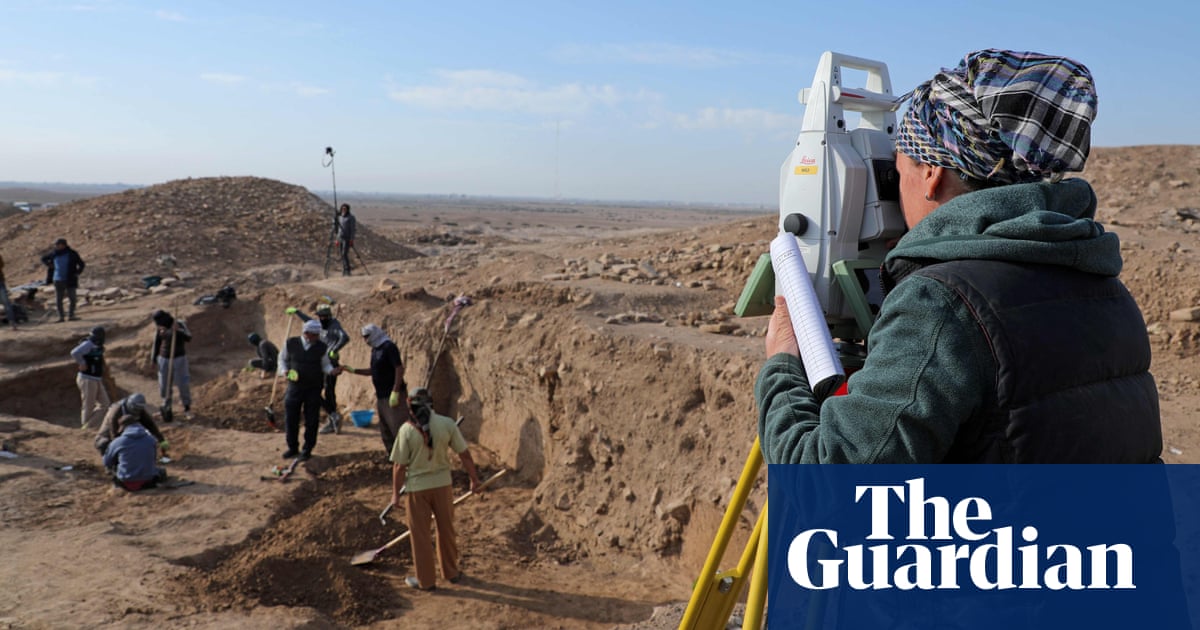
An American Tech developer had a successful experiment in baking a loaf of bread using yeast microbes that had been asleep for thousands of years buried deep in the pores of Egyptian ceramics.
Seamus Blackley, an amateur Egyptologist and one of the inventors of the Xbox game console, made the announcement on his Twitter account.
Egyptologist Dr. Serena Love and microbiologist Richard Bowman helped Blackley collect yeast samples two weeks ago.
“The idea is to make a dough with identical ingredients to what the yeast ate 4,500 years ago,” Blackley said on Twitter.
He used UV sterilizers on it before feeding it organisms to prepare it for baking. Blackley then used wheat typical of the time - barley, einkorn and kamut to make the loaf.
He live-tweeted his unusual project, sharing a snap of the finished bread with the caption: The scoring is the Hieroglyph representing the "T" sound (Gardiner X1) which is a loaf of bread. The aroma is AMAZING and NEW."
University of Iowa biologist Richard Bowman devised a method of collecting microbes from ancient ceramics without damage.
“You pump a fluid in carefully with a syringe and some sterile cotton in contact with the ceramics. It soaks in and you vacuum it back out,” Bowman told The Times.
The solution feeds the microbes, he explained, adding that “it doesn’t take long for these guys to wake up.”
The isolation of microbes from ancient Egyptian pottery is not a recent process, Dr. Mayssa Mansour, a professor at Cairo University’s Faculty of Archaeology, told Asharq Al-Awsat.
“What’s recent is the reason behind the isolation of these microbes,” she said.
Blackley’s “experiment proves that the way bread dough is prepared in most countries has its roots in the Pharaonic age,” she added.












